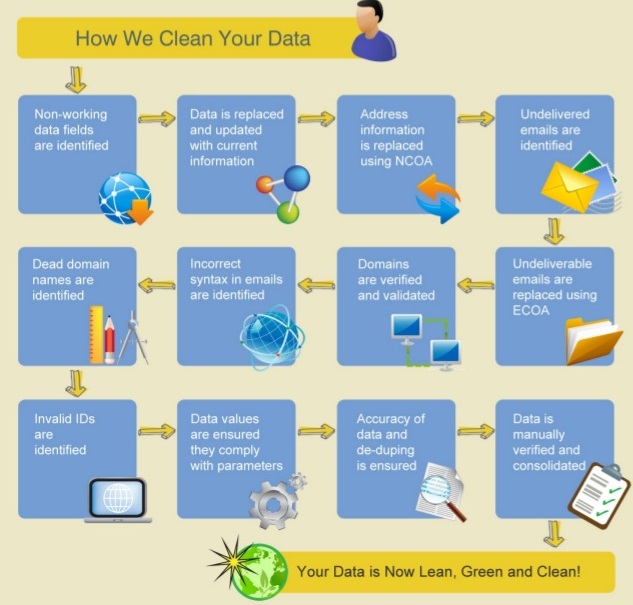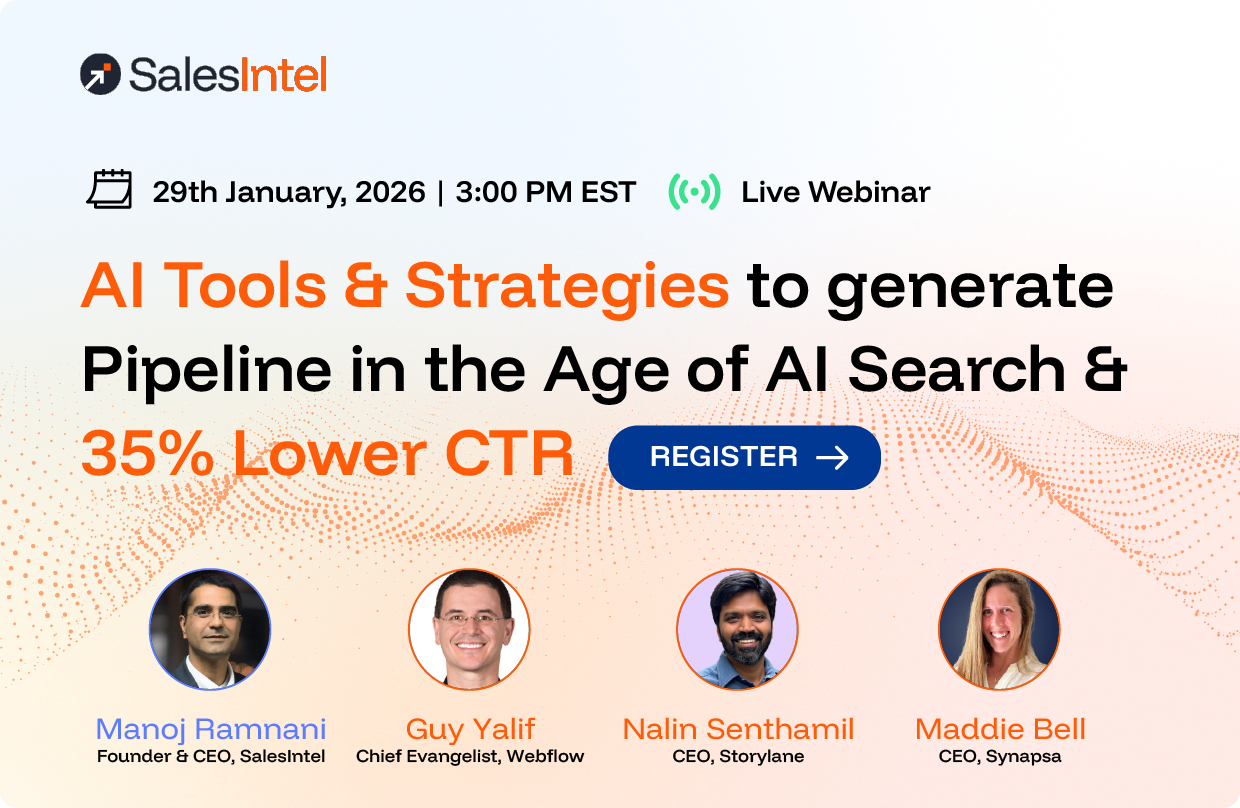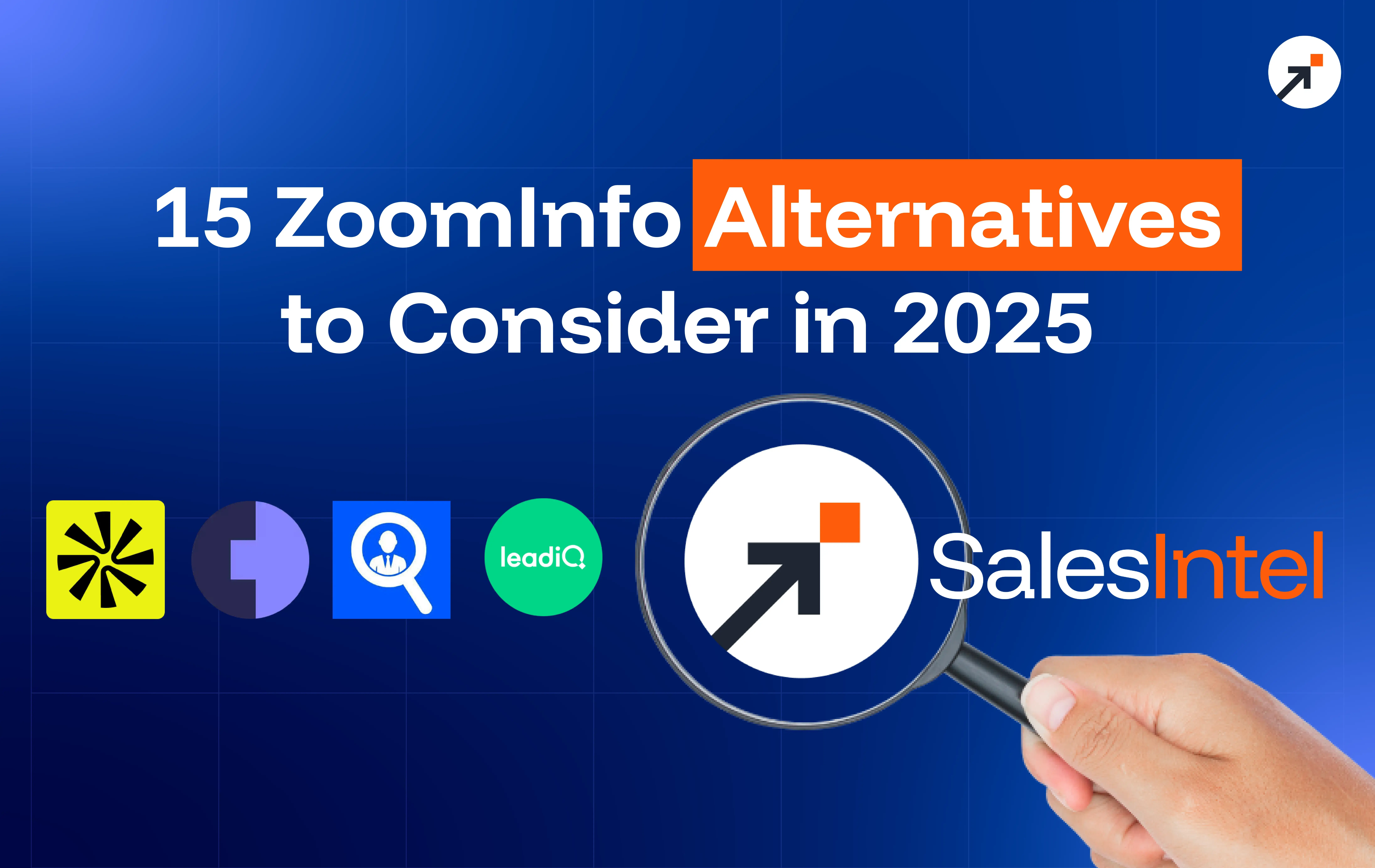The Economist- a leading news outlet, published a report in 2017 titled “The world’s most valuable resource is no longer oil, but data”. The idea had been floating around for years but the report was seen as an inflection point where the digital economy was finally set to overtake traditional industries both in terms of value and influence.
Now given that the story and subsequent evolution of data is fairly complicated and lengthy- beyond the scope of this article, we’ll try to focus on one particular aspect- B2B data. While most of the media landscape is inundated in debates and discussions regarding consumer data, an equally revolutionary process is underway in the business domain as well. How many people have even heard of account-based marketing (ABM) or sales intelligence platforms? Though not as glorified as debates on data privacy or analytics, it serves an equally important purpose in the larger business ecosystem.
Data as a Commodity
Any student of economics can tell you that among other things, you need capital to run any business. In the traditional scheme of things, this “capital” largely referred to monetary and machine resources. But as we have transitioned to the digital economy, we have seen a recent addition- data. Yes, data is a new form of capital. Much like you take a loan from banks to meet monetary requirements, businesses buy leads from B2B data providers to fuel their sales and marketing engines.
” If you know your prospects, you already own your sales. “
No matter what the product or service you sell is, not everyone’s going to be an ideal customer. And if you step into B2B sales, finding prospects is even tougher. In any corporate environment, there are only a handful of people that make buying decisions. Isn’t their contact data worth the value of the sale itself? As is commonly said, “Knowing is owning”. If you know your prospects, you already own your sales. That’s the promise of B2B data at its core.
Data is Deceptive
Suppose you want to hire ten employees having specific skill sets or maybe you want to sell a product with a very niche market among corporate buyers. How do you find them? Yes, you can take the traditional route of hunting on job portals or checking out profiles on LinkedIn but that has two basic problems:
1. It would consume a monumental amount of time
2. You will often end up with incomplete, outdated, or redundant data
The point is, data is deceptive by nature- it’s almost like an organic being that keeps changing, growing, and decaying. So even when you think you have the right information, it might not remain the same just a few months down the line. It takes a lot of expertise and labor to keep data accurate and relevant for long periods- more on this later.
Data indeed is the new oil
You can’t use crude oil to power your automobile. It has to be first refined to obtain diesel and gasoline among other by-products. Similarly, you can’t just scrape large amounts of data and hope it would serve any business purpose. Like oil, data too needs to be refined to unlock its true potential.
” Why reinvent the wheel when you can just rent a car? “
There is an entire process of cleansing data from all its errors, inadequacies, and redundancies that needs to be consistently applied to maintain its relevance. That is the reason not every company can and should mine and process their data. It’s just so time-consuming, expensive and requires expertise that not everyone has. After all, why reinvent the wheel when you can just rent a car?
Setting aside all the technicalities and complexities involved, a general process of data cleansing looks something like this:

Don’t fret if you don’t understand the process, the majority of people don’t. But If you do follow the diagram closely, you will notice that not only does it takes expertise in data management but also needs a lot of manual oversight because there is only much even Artificial Intelligence and Machine Learning can do (more on this some other time). That is to say, for example, every single one of the 3.2 million contacts on SalesIntel had to be actively verified by humans. And as explained earlier, data tends to decay so this process isn’t a one-time action but rather a perpetual cycle that we at SalesIntel keep driving through.
Closing Remarks
With everything said, you can conclude two things with fair certainty- 1. Businesses, irrespective of scale and industry, need some kind of B2B data for their efficient operations; 2. Not everyone can feasibly create their data. Be it sales, marketing, recruitment, or any business purpose for that matter, businesses need data and we are here to provide it. If you are looking for such services, get in touch now and we’ll figure out the details.






